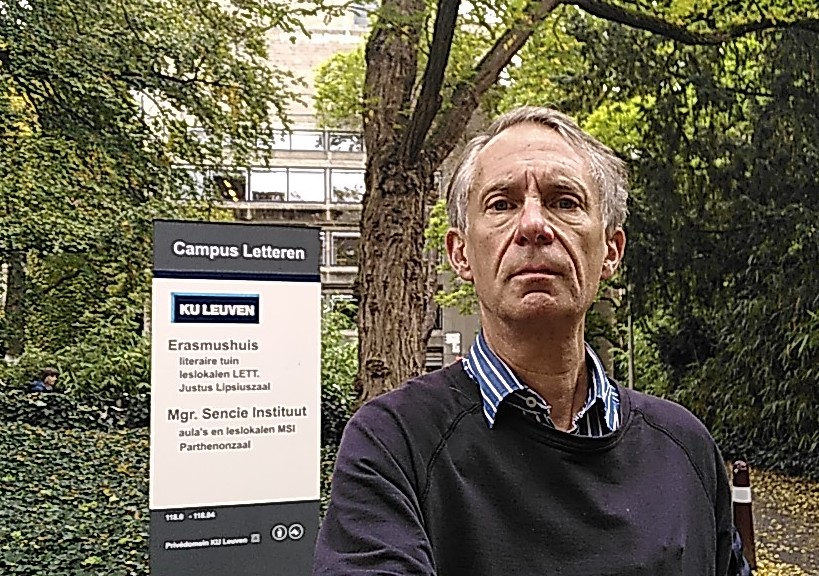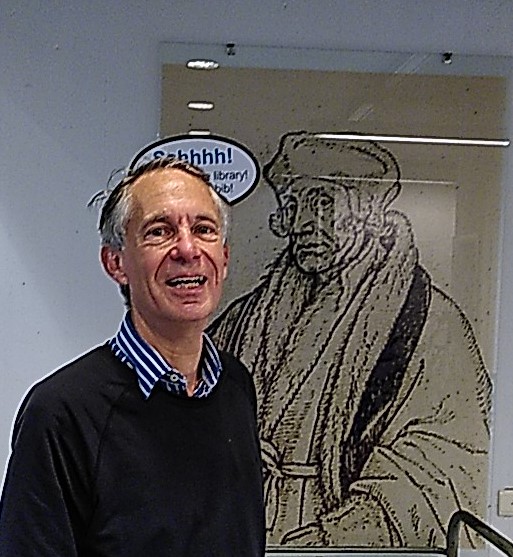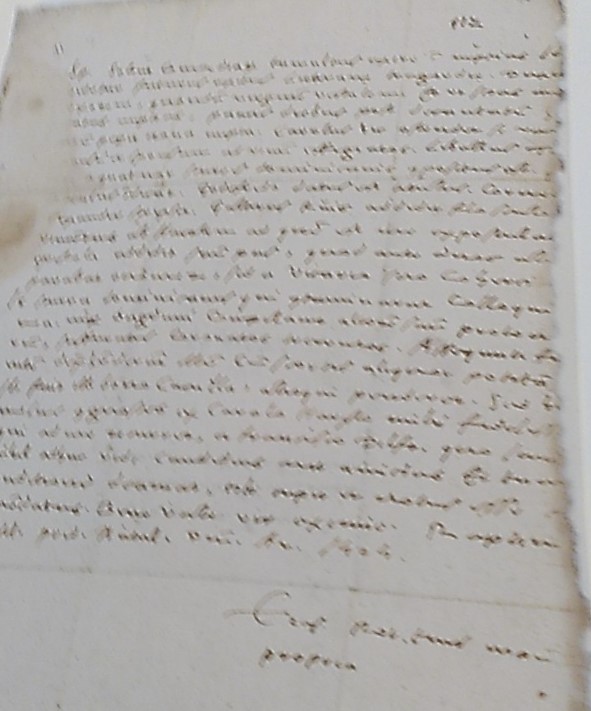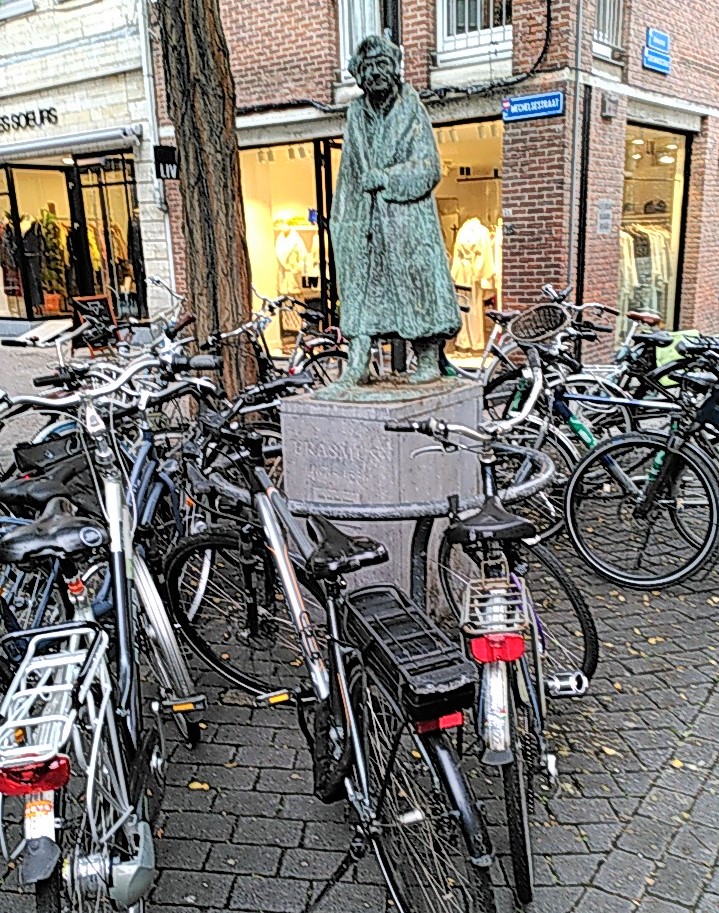“Because I hope for such answers as yours,” I reply when in the Erasmus House at KU Leuven, a psychology professor interrupts his praise of Erasmus by asking why I am actually asking him and his colleague about Erasmus. “Erasmus deserves great admiration, he was critical but open and constructive, humane and peaceful, solution-oriented and mediating, in short a true paragon for what we wish for in contemporary Europe.” What can I add to that?


For some history students, Erasmus is too new: “He’s from after 1500, right? We haven’t had that yet,” but fortunately one student upholds the honor of the course and links past and present. And furthermore, I learn that Erasmus was controversial and that Erasmus House has, above all, a pleasant library in which to study, attracting students from all kinds of studies.
Code switching
Through Erasmus experts Marijke Crab and especially Raf Van Rooy, I was invited to join the Erasmian city walk in the afternoon to conclude the cross-disciplinary workshop on Latin-Greek code-switching in early modernity. Code-switching: that’s not about changing codes of conduct (like Erasmus’ introduction of table manners, which impressed many of my respondents), but – as I understood it – for example, that Erasmus also gave a Greek title to his Laus Stultitiae (Praise of Folly): Moriae Encomium, which in turn is nice because he dedicates the book to Thomas More, who, however, is not a fool.


Raf has already announced me as an “Erasmus hunter”. Not 21st-century, but impressive to keep in the library an authentic letter by the hand of Erasmus – manu propria – and first editions of several works. Typical for the contemporary Leuven is that a statue of him is surrounded by bicycles; apparently I am not the only one who finds Erasmus and bicycles a logical combination. While walking I learn more about Erasmus, Latin and Belgian bicycle highways. The walk ends at the trilingual college – collegium trilingue – that Erasmus founded, but where he did not stay long because he was indeed controversial: he was considered to be too liberal.
